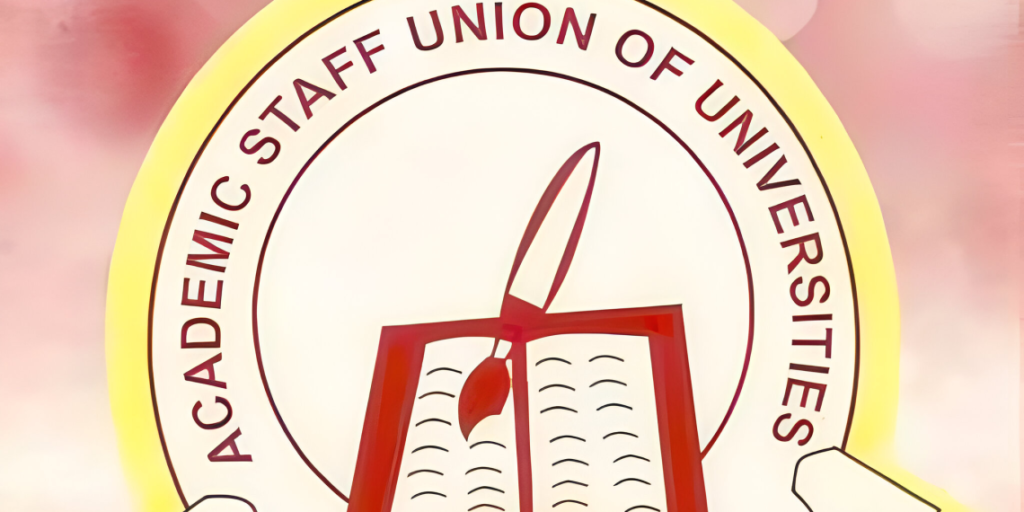
Pressure is mounting in Nigerian universities as the Academic Staff Union of Universities (ASUU) has issued a two-week ultimatum to President Bola Tinubu’s led administration to resolve long-standing issues influencing the country’s tertiary education system, or face imminent industrial action.
Last week, ASUU issued a 14 days ultimatum to the Nigerian government, after a three-week wait period elapsed without a move from the government to address their demands.
Mr Piwuna, said the intention, which came out from the National Executive Council (NEC) meeting held on 29 September, had been communicated to the Minister of Labour, Muhammad Dingyadi; Minister of Education, Tunji Alausa and the Nigeria Labour Congress (NLC).
In a circular titled “Strike Bulletin No. 1” dated October 5, 2025, the president stated that It is now one week since those resolutions were reached and communicated to the relevant authorities. I regret to inform you that there is no meaningful development deserving of any deliberation to be reported,” Mr Piwuna told members of the union.
ASUU and the federal government have been at loggerheads for more than a decade over a series of the same issues, surrounding the welfare of academics, funding and independent for the universities, all of which are contained in the 2009 agreement.
The statement said, “The NEC, at its emergency meeting on September 29, 2025, having evaluated the results of the referendum, resolved to give government a fourteen-day ultimatum to resolve the issues in the negotiated document transmitted to government since February 2025.”
if the government fails to meet the demands before the deadline, ASUU will embark on a two-week warning strike. The circular warned, “The union will proceed on a two-week warning strike if government fails to take acceptable and satisfactory steps to address the lingering issues.”
The union lamented the lack of progression despite informing the Minister of Labour, Minister of Education, and the Nigeria Labour Congress (NLC) of the resolutions, describing the government’s response as insufficient. The union accused the Tinubu administration of delaying implementation of commitments, including renegotiating the 2009 FGN-ASUU Agreement, revitalizing public universities, paying earned academic allowances, and addressing welfare concerns.
Professor Piwuna narrated the negotiation process as “tortuous” and said it has unjustifiably dragged on for over eight years. “It is now one week since those resolutions were communicated to the appropriate authorities. There is no meaningful development to report,” the statement read.
ASUU emphasized that its goal is to compel the government to sign and implement the renegotiated agreement and tackle the brain drain (“Japa syndrome”) that continues to rob Nigeria’s universities of qualified lecturers.
Professor Piwuna urged members to mobilize and maintain unity. “The days ahead call for mobilization of every member to ensure unity of purpose. No one should be left out of the struggle to safeguard our welfare, stem the Japa syndrome, and reposition the Nigeria University System for global competitiveness,” he said.
ASUU emphasized solidarity and discipline, urging members to follow instructions only from their Chairpersons and Zonal Coordinators.
The union has been in repeated conflict with successive governments over agreements dating back to 2009, with recurring strikes crippling academic activities. Key demands include the release of revitalization funds, payment of earned academic allowances, replacing IPPIS with the UTAS payment platform, and better funding for research and infrastructure. Despite several negotiation rounds, most commitments remain unmet.
